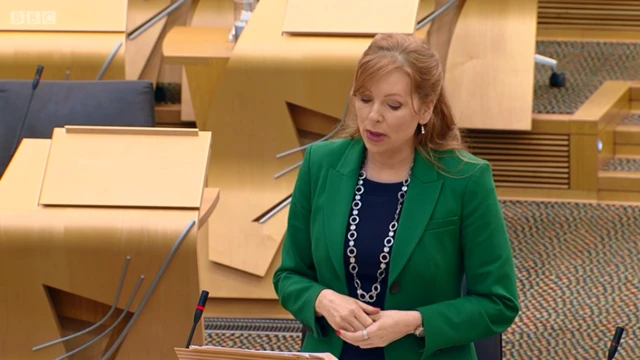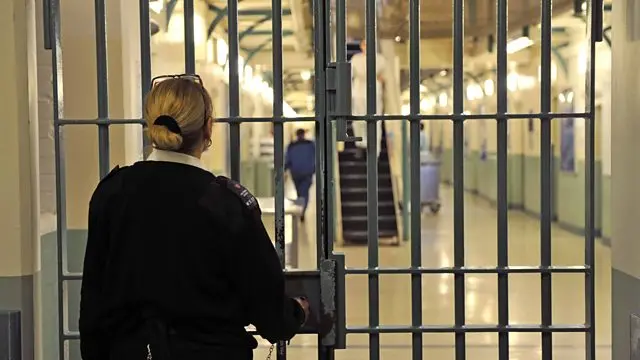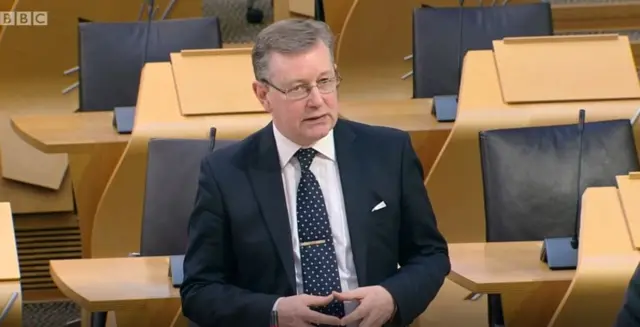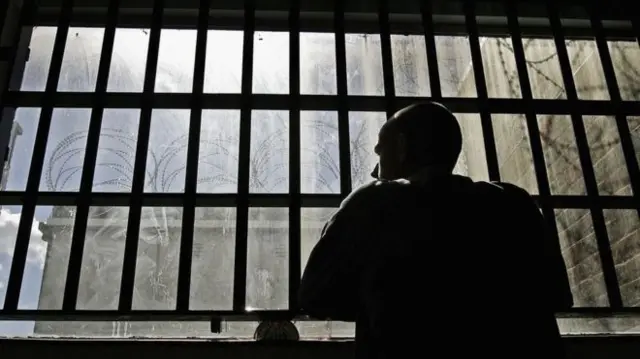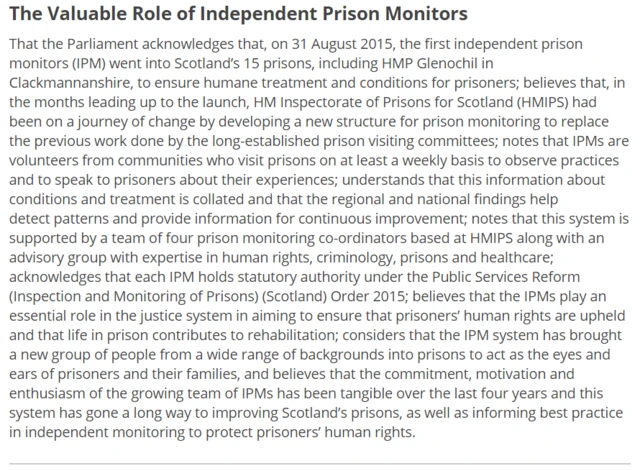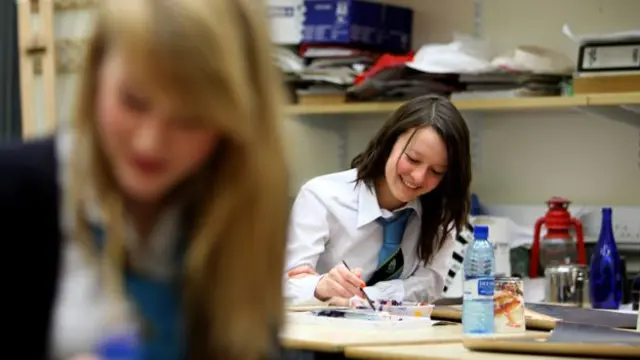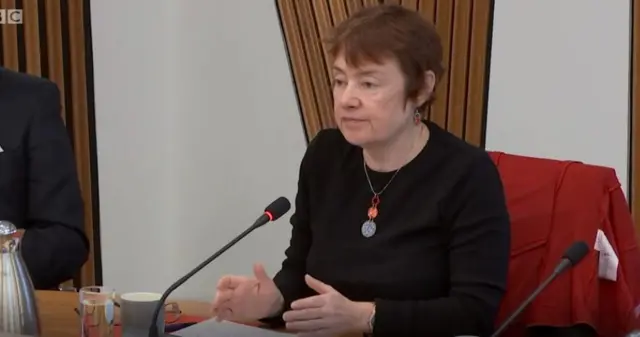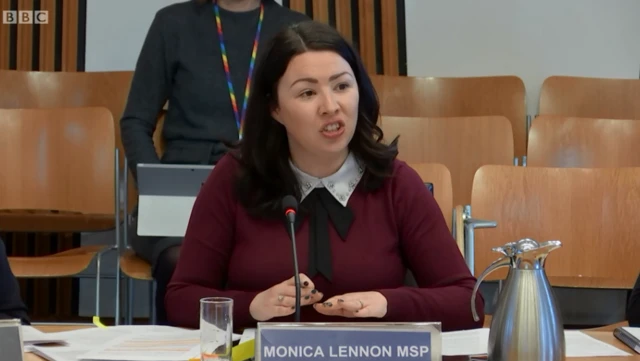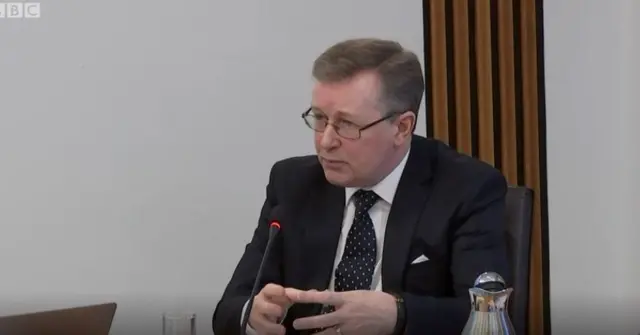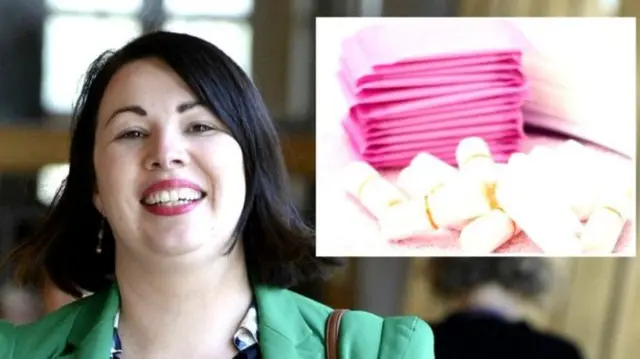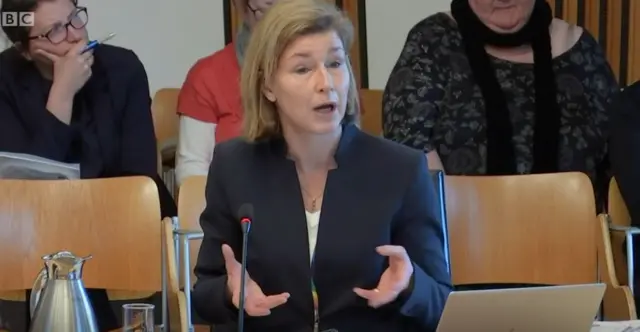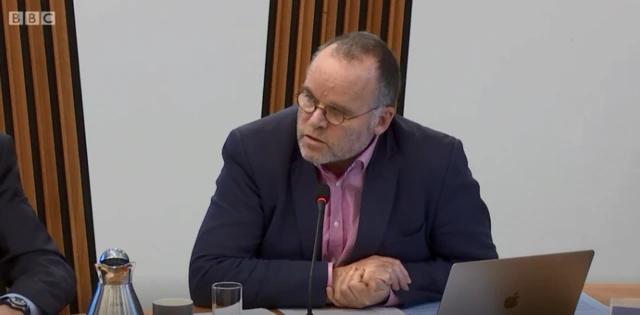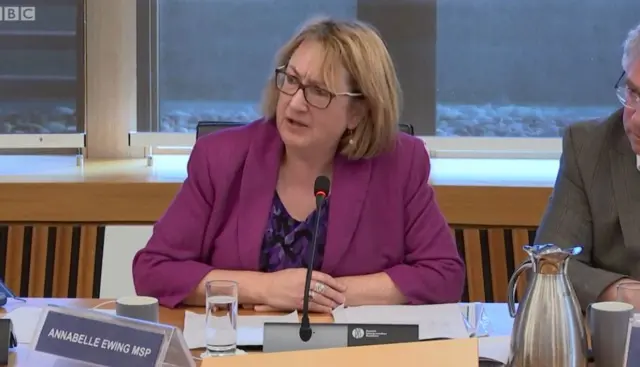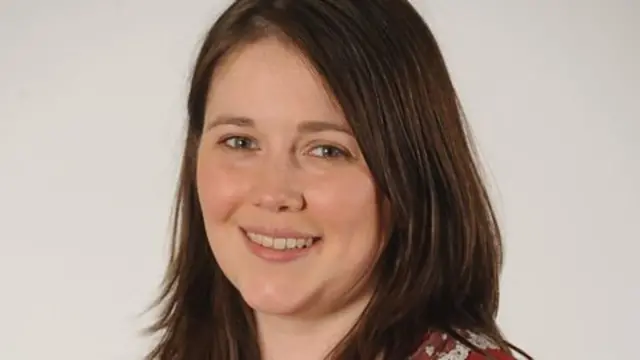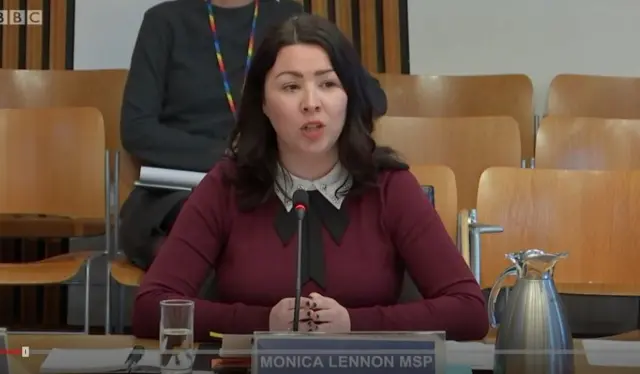Getting more women into farmingpublished at 14:00 Greenwich Mean Time 15 January 2020
SNP MSP Sandra White asks about encouraging more women into agriculture.
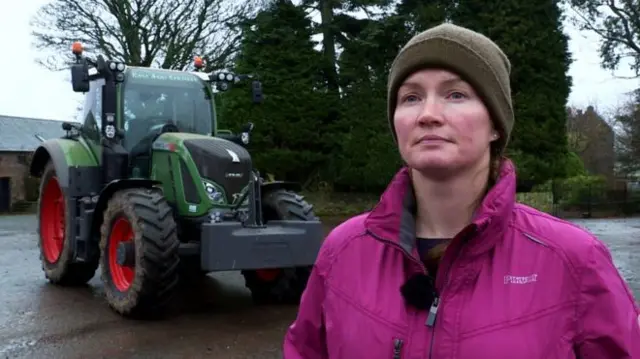
Women working in Scotland's agriculture sector are being excluded by "outdated attitudes and behaviours", a Scottish government panel has concluded.
The Women in Agriculture Taskforce said a gender bias meant work undertaken by women was being undervalued, downplayed or simply unseen.
Taskforce co-chair Joyce Campbell said the report shone light into some "very dark corners of Scottish agriculture."
It recommends that key organisations undertake unconscious bias training.

